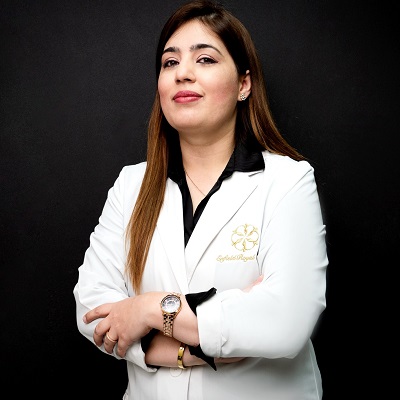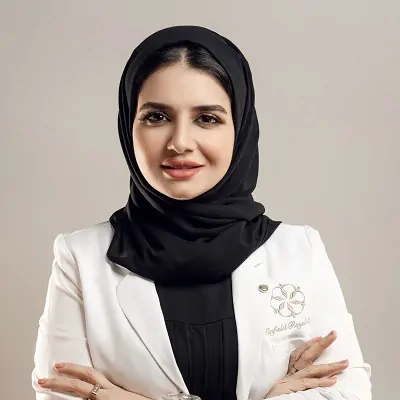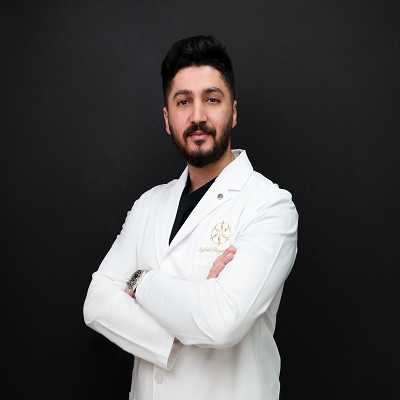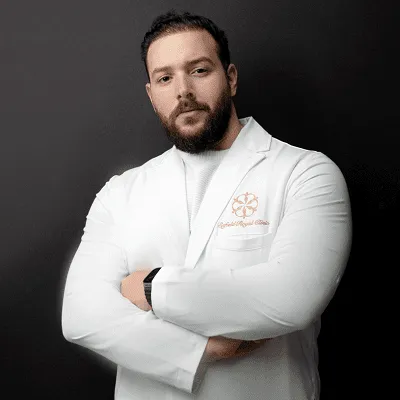
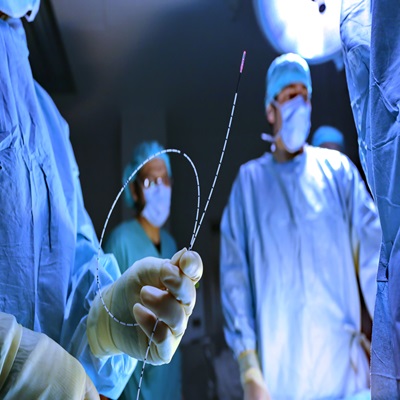
Dr. Ahmed Naji Attiyah is a distinguished Board-Certified Vascular and Endovascular Surgeon renowned for his expertise in managing complex vascular diseases. With over 18 years of surgical experience, he specializes in minimally invasive endovascular procedures, open vascular reconstructions, and advanced vein treatments.
Trained at world-renowned institutions, including Cleveland Clinic USA, Dr. Ahmed holds fellowships from prestigious international surgical boards. His clinical excellence is matched by a compassionate approach, designing tailored treatment plans that focus on restoring vascular health, preventing complications, and improving patients’ quality of life.
|
|
|
|
|
|
Vascular surgical operation is a specialized surgical field centered on the treatment of conditions affecting the vascular system, which includes arteries, veins, and lymphatic vessels. The number one aim of vascular surgical operations is to restore normal blood flow to diverse parts of the body, therefore stopping excessive complications, including strokes, coronary heart assaults, and limb amputations.
This department of surgical operations addresses an extensive range of conditions, from varicose veins and aneurysms to complex arterial blockages and vascular trauma.
Vascular conditions can arise from numerous causes, such as:
Vascular surgical operations cover several key areas, consisting of:
Vascular surgical treatment gives several benefits, which include:
The results of vascular surgery vary depending on the procedure, the patient’s condition, and adherence to post-operative care.
The best applicants for vascular surgical procedures are candidates who:
The precise technique varies depending on the precise situation being treated, but usually includes the following steps:
After a vascular surgical operation, patients ought to follow the following post-care instructions:
Immediate Post-Surgery (Days 1-3)
| Early Recovery (Week 1)
|
Mid Recovery (Weeks 2-4)
| Full Recovery (1-3 Months)
|
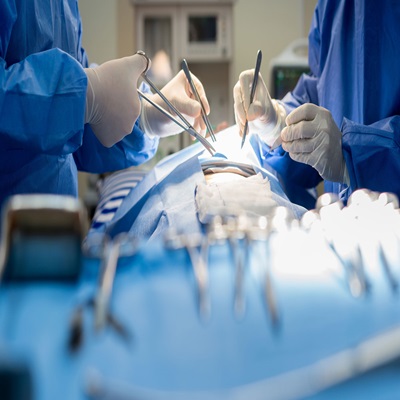
Vascular surgery Cost can range from 599 AED to 2999 AED. But this is not the real cost, as there are a few factors that will impact the cost. Thus, the real cost will be decided at the initial meeting with the Best vascular surgeon in Dubai.
Fill out the form below and book us right away for Tajmeels Clinic Vascular Surgery in Dubai. We ensure to empower your lives and transform your health. Our Experienced Vascular Surgeon Consultation Dubai and top-tier care with advanced surgical techniques and personalized treatment plans. Trust our expert team for safe, effective, and lasting results.
No, it is not painful due to the application of anesthesia.
A few risks are linked with the treatment such as minimal bleeding, discomfort, and pain. However, this is minimal and will subside within a few days.
The average cost is 599 AED to 2999 AED.
Candidates are required to take prescribed medications and follow all the after-care instructions.
Minimally invasive procedure requires a few days to a week, whereas, surgrgical treatment can take weeks to months.
It takes 1 to 2 hours, however, more complex procedures can take more hours.
It depends on the surgery type. However, some procedures might require an overnight stay while more extensive procedures may need longer.
It improves blood circulation and treats the basic problem; however, long-term results vary depending on your lifestyle, by maintaining a healthy weight, exercising, and managing chronic illness.
By restoring blood circulation, the surgery reduces pain, prevents serious health risks like stroke, and helps individuals return to a more active and confident lifestyle.
An extra cost might arise from an extended stay in the clinic. Use of imported medical devices or unexpected post-surgery costs.
No, at Tajmeels clinic, we do not offer a financing option.
Usually, it is a one-time cost, but the candidate should also budget for long-term follow-ups, medications, and possible lifestyle adjustments to maintain results.
Candidates who experience blocked, narrowed, or weekend blood vessels, causing poor circulation and pain, are signs to get the surgery.
Long-term success varies depending on the healthy lifestyle routine, which includes a balanced diet, regular exercise, and proper management of health conditions such as diabetes.


